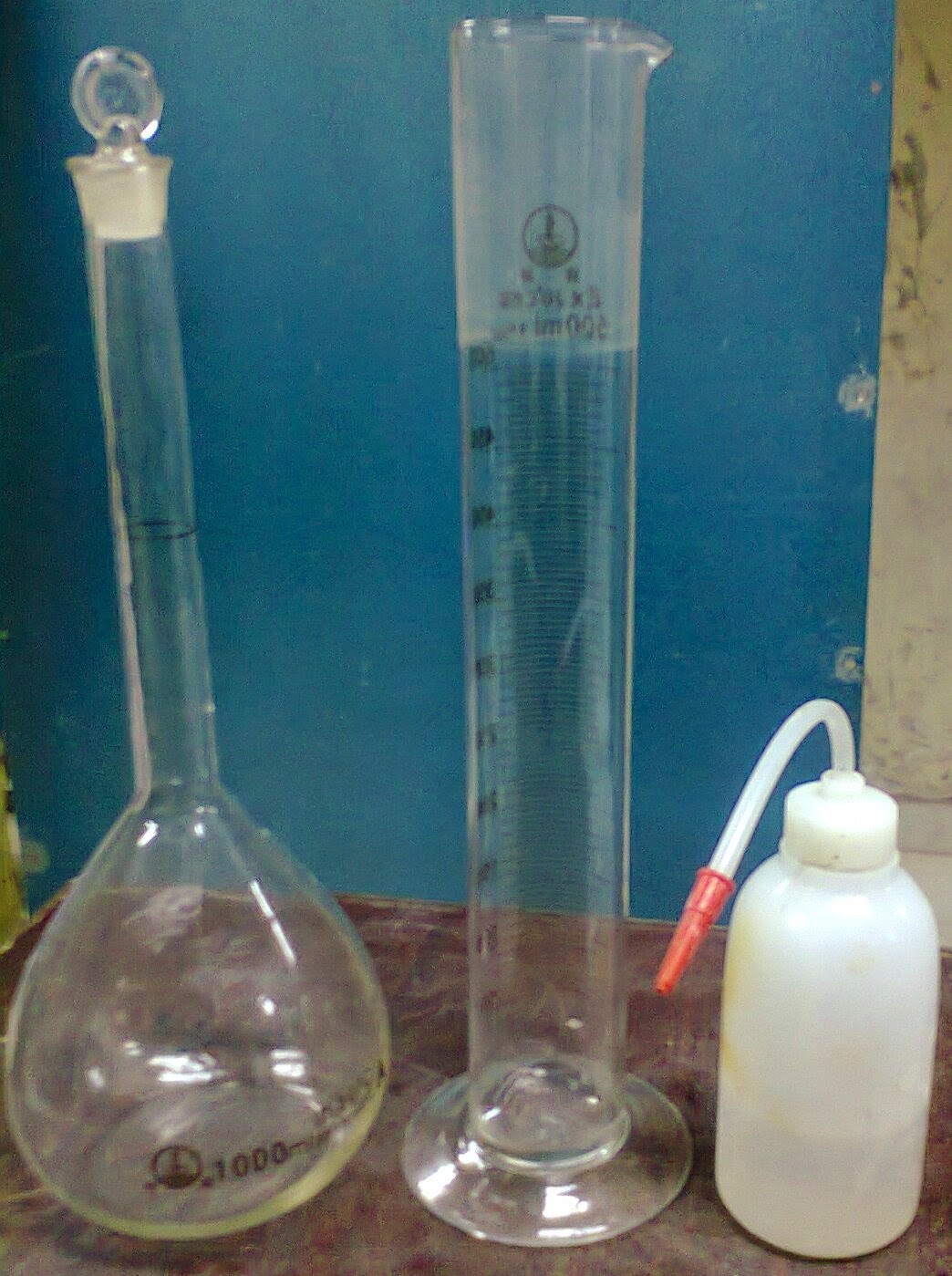Aggregates generally contain
pores, both permeable and impermeable, for which specific gravity has to be
carefully defined. With this specific gravity of each constituent known, its
weight can be converted into solid volume and hence a theoretical yield of
concrete per unit volume can be calculated. Specific gravity of aggregate is
also required in calculating the compacting factor in connection with
workability measurements. This test method covers the determination of bulk and
apparent specific gravity, 23/230C (73.4/72.40F) and
absorption capacity of fine aggregate. This is used for i) calculation of the
volume occupied by the aggregate of varying mixtures on an absolute volume
basis, ii) the computation of voids in aggregate and iii) the determination of
moisture in aggregate.

The specific gravity of a porous
solid, when the volume of the solid as used in the calculation includes both
the permeable and impermeable voids. Bulk Specific Gravity (also known as Bulk
Dry Specific Gravity) is the ratio of the weight in air of a unit volume of
aggregate at a stated temperature to the weight in air of an equal volume of
gas free distilled water at the stated temperature.
Apparent specific gravity is the
ratio of the weight in air of a unit volume of the impermeable portion of
aggregate (does not include the permeable pores in aggregate) to the weight in
air of an equal volume of gas-free distilled water at the stated temperature.



0 comments:
Post a Comment